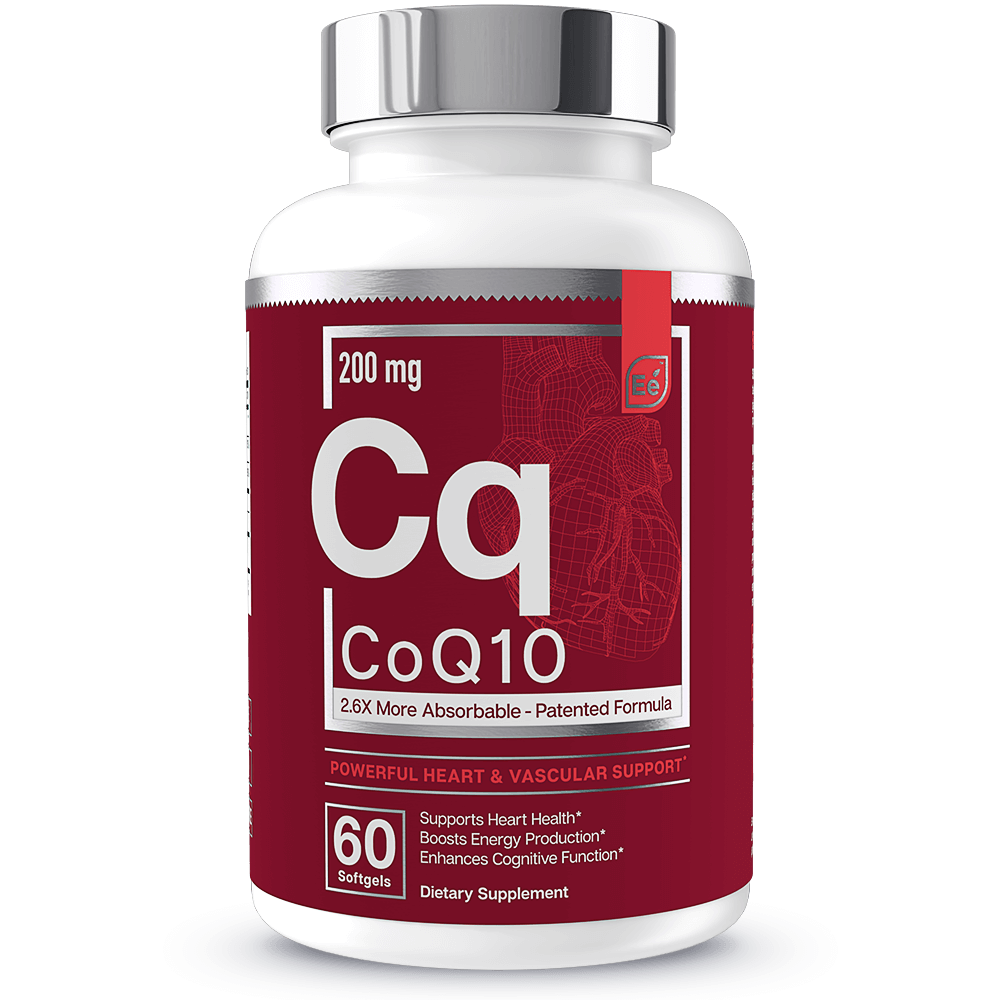Magnesium Deficiency May Create Low Vitamin D: Causes & Treatment
7 minute read
We all know that vitamin D is one of the essential vitamins that we need. Much of the country falls short of getting enough vitamin D through their diets, which is why supplements are readily available.
Whether supplementing or not, the problem is that people are unaware of how vitamin D is metabolized and, although they are taking the recommended daily amounts, they will never see the real benefits.
The reason for all this trouble isn’t vitamin D at all—it’s magnesium. This frequently forgotten and missing ingredient has the ultimate say.
The Magnesium Connection
The awareness of the importance of vitamin D prompts people to make sure they get enough. Magnesium is often forgotten because people are unaware of its necessity and benefits.
| Related: Magnesium: The Stress-Fighting Miracle Mineral |
Deficiency in either vitamin D or magnesium is linked to serious disorders, like skeletal deformities, metabolic syndrome, and cardiovascular disease. The two compounds work together to keep you healthy, and without one your well-being can decline.
As outlined in recent research, if magnesium levels are high enough, you lower your risk of developing a vitamin D deficiency, thereby reducing your reliance on supplements. The problem is that recent years have shown a decline in magnesium consumption because of industrialized agriculture and dietary changes.
| Related: UN Experts Denounce Pesticide Myth |
Where processed foods and sugars are in high consumption, magnesium is low. Sadly, half of the current population is thought to follow a magnesium-deficient diet.

Magnesium is necessary to activate all the enzymes that metabolize vitamin D and is also needed for the vitamin’s ability to switch certain genes on and off.
The importance of the interaction between magnesium and vitamin D has been shown in studies with bone diseases. In cases where vitamin D deficiency caused a bone disorder, such as rickets, treatment with magnesium resulted in immediate vitamin D and calcium increases.
Enough Magnesium, But Not Too Much
A vitamin D deficiency can lead to serious disease but is easily prevented so long as magnesium intake is maintained too. You can choose to take a magnesium supplement like you do with vitamin D or simply increase the foods known to be rich in the abundant mineral.
♦ Nuts, such as almonds and cashews
♦ Bananas
♦ Broccoli and other green vegetables
♦ Seeds, such as pumpkin, sunflower, or sesame
♦ Brown Rice
♦ Whole grains
♦ Egg yolk
♦ Mushrooms
♦ Beans
Care needs to be taken with magnesium supplements because too much can cause problems. The daily recommended amount for adults is 350 milligrams but this is for supplements only.

As beneficial as magnesium is for your health and vitamin D synthesis, too much can cause nausea, diarrhea, and abdominal cramping. Extremely high intake can cause irregular heartbeat and eventually cardiac arrest.
Why We Need Vitamin D
While you can get vitamin D through your diet, it is more commonly known as the sunshine vitamin because its production is linked to sun exposure. Sensible time in the sun for 5 or 10 minutes a few times a week is sufficient for you to get the levels of vitamin D that you need.
| Related: 3 Things You Must Know About Vitamin D |
There are numerous ways that vitamin D benefits your health and well-being.
Healthy Bones: Vitamin D plays a significant role in the regulation of calcium as well as the maintenance of phosphorus levels in the blood. Both factors are important in developing and maintaining healthy bones. Vitamin D deficiency in children can cause rickets and in adults, osteoporosis.
Diabetes Risk: There is an inverse relationship between blood concentrations of vitamin D and your risk of type 2 diabetes. It is thought that insufficient vitamin D levels negatively affect insulin secretion and glucose tolerance. By taking vitamin D supplements, you can significantly lower your risk of developing diabetes.
Healthy Babies: Low levels of vitamin D in infants and young children are associated with higher risk for serious childhood diseases and allergic reactions. Vitamin D can help to enhance the anti-inflammatory effects of glucocorticoids which help prevent allergic and inflammatory reactions.

Prevent Cancer: Vitamin D is essential for regulating cell growth and plays a role in cell communication. Its relationship with cells can help prevent cancer because it can slow the growth and development of new blood vessels in cancerous tissue. This increases cancer cell death and reduces chance of metastases, therefore preventing cancer spread and progression.
Enhanced Immunity: Vitamin D has a positive impact and supportive role for your immune system. This allows it to protect you better from cardiovascular problems, hypertension, multiple sclerosis, asthma, flu, arthritis, and Alzheimer’s disease.
Healthy Pregnancy: Pregnant women who are vitamin D deficient are at increased risk for preeclampsia and the need for a cesarean section when it is time to deliver. A poor vitamin D level is also associated with gestational diabetes and bacterial vaginosis. Keeping vitamin D levels high during pregnancy also protects your child from developing food allergies during the first two years of their life.
Signs of Vitamin D Deficiency
Knowing that we need vitamin D and why is one thing. What about those who take regular supplements or get sun exposure and still do not see these health benefits?
Vitamin D is regularly present and yet, ineffective. In fact, you likely have a store of vitamin D that is inactive because something is missing.

Vitamin D cannot be metabolized into a useful or safe compound without magnesium, and this is an element that is frequently missing from the American diet.
| Related: Vitamin-Packed Chicken Fajita Roll-Ups |
Signs that you may have a vitamin D deficiency include:
♦ Frequent fatigue
♦ Painful bones and back
♦ Impaired wound healing
♦ Depressed mood
♦ Getting sick more often
♦ Hair loss
♦ Muscle pain
The Bottom Line
Combining a magnesium supplement with a vitamin D supplement is more effective at protecting you from a vitamin D deficiency. Magnesium is so vital to the mix that it alone is better at correcting vitamin D problems than a vitamin D supplement.
This means that if you don’t always get all the sun you need, or the right foods, you can prevent diseases related to vitamin D deficiency by simply maintaining an adequate intake of magnesium.
READ NEXT >>> Vitamin K Is Better for Your Bones Than Calcium
























 Health Guides
Health Guides
 Latest Research
Latest Research


